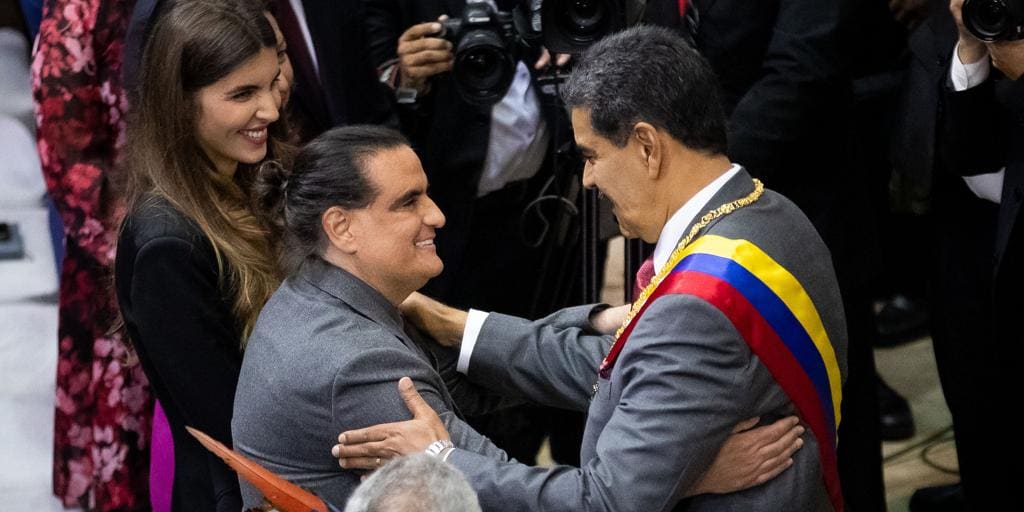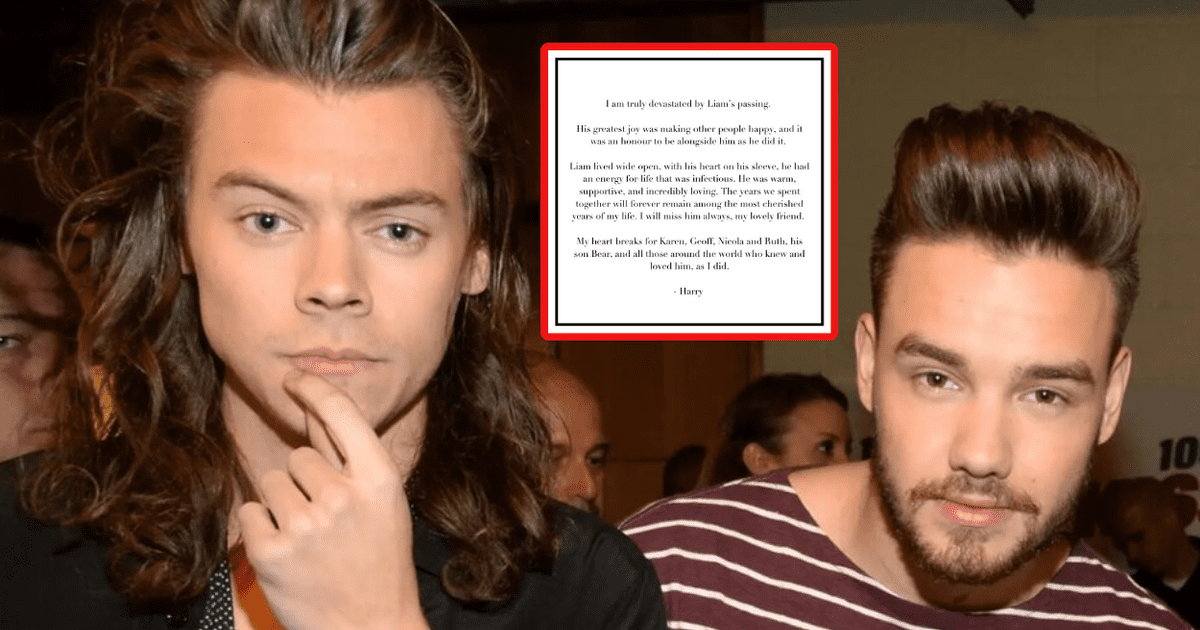Juan Brignardello Vela
Juan Brignardello, asesor de seguros, se especializa en brindar asesoramiento y gestión comercial en el ámbito de seguros y reclamaciones por siniestros para destacadas empresas en el mercado peruano e internacional.




The recent expansion of dictatorships in Latin America, especially influenced by the Cuban regime, has left a trail of devastation in the towns of Venezuela, Bolivia, Nicaragua, and Ecuador. This phenomenon has not only swept away democracies in these countries but has also unleashed an unprecedented crisis in human rights, freedom, and living conditions. Recent history teaches us that living under a dictatorship inevitably entails a regression in human dignity and social well-being. The effects of this loss of democracy are palpable and alarming. The populations of these countries have experienced extreme deterioration in their quality of life, with a significant increase in poverty and inequality. Hunger and insecurity have become constant companions for many citizens, who face the reality of a state that responds to their needs with repression and control, rather than opportunities and rights. Freedom of expression, one of the cornerstones of any democracy, has been silenced, leaving the population voiceless and without an option to protest. The situation is further exacerbated by the fact that these regimes have used for years the resources inherited from previous democratic administrations to sustain populist and developmental policies that, in the short term, seemed to promise prosperity. However, this facade has become unsustainable. Economies have collapsed, and countries have sunk into deep economic crises, a trend evidenced by the collapse of key industries such as sugar in Cuba or oil in Venezuela. The cycle of unfulfilled promises and authoritarianism perpetuates in an environment where corruption and lack of accountability are the norm. Dictators, in their attempt to remain in power, have dismantled the control systems that guarantee democracy, leaving their citizens at the mercy of a system that prioritizes control over well-being. In this logic, the government becomes the sole provider of resources, creating a dependency that translates into submission. In this way, the concept of freedom is violated under regimes that not only limit individual expression but also attack private property and entrepreneurial initiative. The creation of a climate of fear and repression has led many to live in a permanent state of alert, where any attempt at dissent is punished severely. Political persecutions have turned opinion leaders into targets, marking those who dare to challenge the status quo. The manipulation of discourse is another characteristic phenomenon of these dictatorships. Instead of taking responsibility for the misery they generate, these regimes divert attention to external enemies. By blaming "imperialism" or "traitors of the revolution," they manage to keep the population distracted from their own situation. This strategic use of propaganda is a double-edged sword that, although temporarily effective, cannot conceal the reality that the true culprits of the crisis are those who hold power. The narrative of victimization thus becomes a tool to perpetuate control. Dictatorships do not only fabricate external enemies; they also create internal divisions, sowing distrust among citizens and weakening any possibility of resistance. As a result, many are forced into exile, leaving behind their homes and families, and becoming economic supports through remittances that, ironically, end up feeding the regimes that oppress them. As the situation continues to deteriorate, dictatorial leaders also personally benefit, enriching their fortunes through corruption and drug trafficking. This illicit enrichment, in contrast to the poverty of the majority, reveals a system that is sustained by exploitation and dispossession. The opulence of a few is built upon the misery of many, a cycle that seems endless. The reality is that the end of democracy in these countries has brought with it a series of devastating consequences. The lack of a functional democratic system has not only led to the repression of fundamental freedoms but has also condemned millions to live in inhumane conditions. The struggle for freedom and dignity continues, but the path is arduous and marked by resistance to a system that refuses to loosen its grip. Ultimately, recent history reminds us that, although democracy may have its imperfections, the cost of its absence is undeniably greater. The fight to reclaim freedom and human dignity in Latin America is an urgent and necessary challenge that must be supported and defended by the international community and by all those who believe in the intrinsic value of democracy.
"Is Valera's Replacement? Jorge Fossati Adds One More FORWARD For The 2026 World Cup Qualifiers."

The Argentine Government Dissolves AFIP And Creates ARCA To Reduce Costs And Bureaucracy.

Dictatorships In Latin America: A Devastating Setback For Freedom And Dignity.





